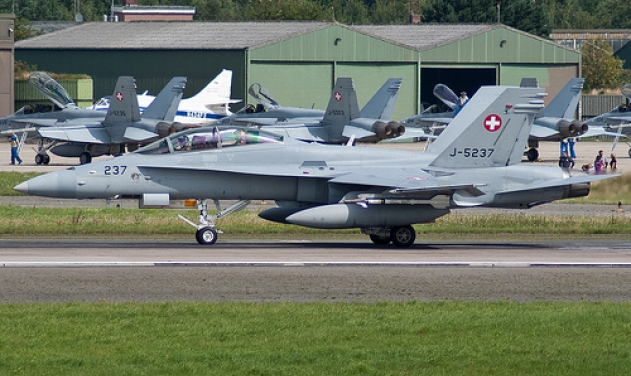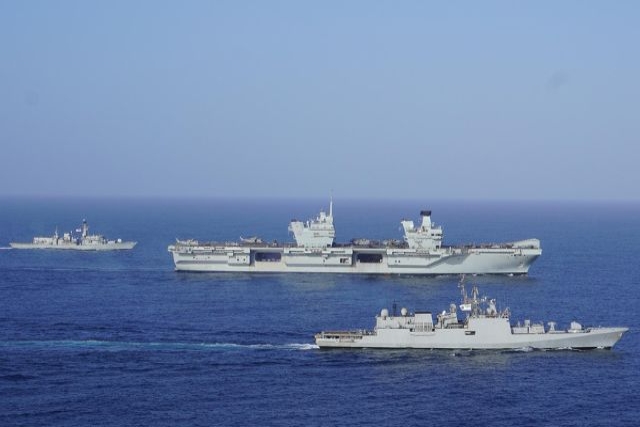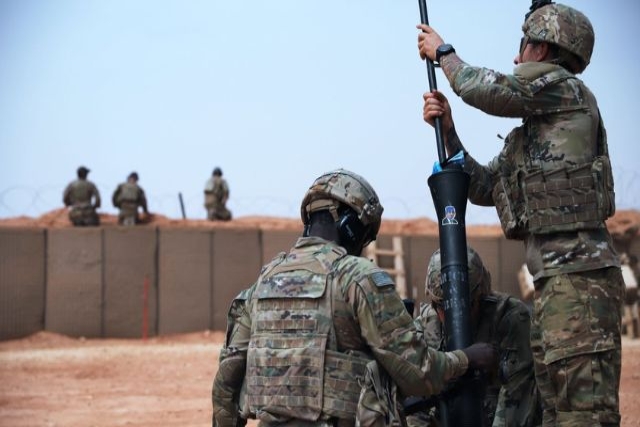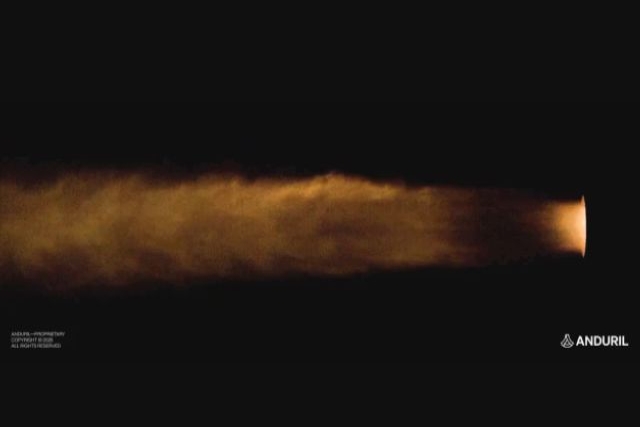Switzerland Plans to Spend $8 Billion to buy Fighter Jets, Missiles

The Swiss government plans to spend $8 billion (CHF8 billion) to buy new fighter jets and missile defences.
The Federal Council on Wednesday tasked the defence ministry with looking at potential aircraft, wanting it to begin talks with Airbus, Boeing, Dassault, Lockheed Martin and Saab, SwissInfo reported Thursday.
The government has planned to raise the army’s annual budget by 1.4%. It is currently around CHF5 billion ($5 billion).
The timetable foresees the decision on the type of jet being taken in 2020. Two years later, a procurement credit would be submitted to parliament. The jets would then be delivered in 2025 and the fleet ready for action in 2030, the news daily reported.
The government plans to spend CHF500 million as part of the 2017 armament program for technical upgrades of the existing 30 Boeing F/A-18 fighter jets. The fighters will remain operational as originally planned.
As well as for defence, neutral Switzerland uses fighter jets to police the skies during events such as the annual meeting of the World Economic Forum (WEF) in Davos.
Swiss Defence Minister Guy Parmelin said on Wednesday he saw no alternative to buying new jets and missile defences. This was the only way Swiss airspace could be protected and defence guaranteed, he said.
While he didn’t expect Switzerland to be attacked next year, this was a long-term investment, he added.
Who will make the new jets? The government is eyeing five models. In addition to Lockheed Martin’s F-35 and Boeing’s F/A-18 Super Hornet, three planes are in the mix that featured in a previous failed attempt to buy new jets: Saab’s Gripen, Airbus’s Eurofighter and Dassault’s Rafale.
In May 2014, Swiss voters rejected a CHF3.1 billion order for Gripen fighter jets. The 22-plane contract was opposed by 53.4% of voters.
Gripen opponents had argued that the planes would cost CHF10 billion over their lifetime, money that could be deployed elsewhere. The fighter plane’s supporters said neutral Switzerland needed the Gripen to defend its airspace. That claim was undermined in February 2014 with the forced landing of an Ethiopian Airlines Enterprise plane in Geneva. The hijacked plane had to be escorted by French and Italian jets as the Swiss air force didn’t operate outside business hours.
The announcement however has not got a go ahead from certain political parties. The political right doubts if the funds allocated would be sufficient to buy 40 fighters for the armed forces.
The left criticised the government project as "unrealistic" and "oversized", while centrist groups were cautiously optimistic.
The pacifist Switzerland without an Army group urged the government to put the project to a nationwide vote, saying it would oppose the purchase.
The government still has to decide on the procedure.
“Now is not the time to discuss the number of planes, but to analyse what permutation of jets and anti-aircraft missiles is the best,” Parmelin said.












